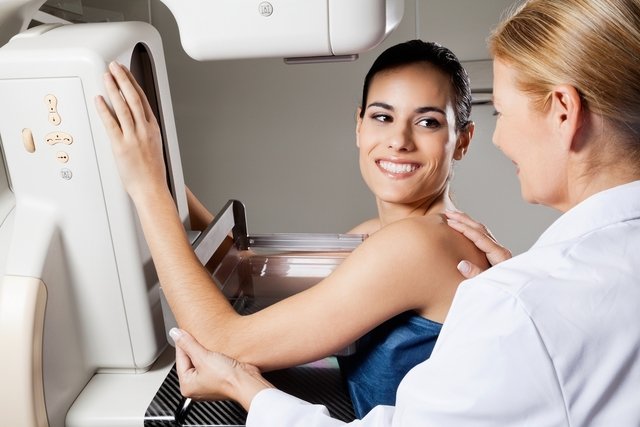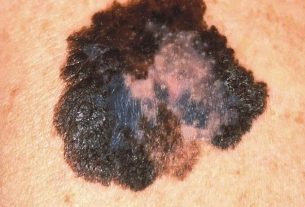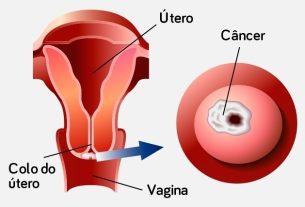A breast cyst is an almost always benign change that appears in most women between 15 and 50 years of age. Most breast cysts are of the simple type and, therefore, are filled only with liquid, not posing a health risk.
However, in some cases, the cyst can be filled with a hard mass, called a solid cyst or papillary carcinoma, which may have a risk of becoming cancer and, therefore, needs to be evaluated through biopsy. See how the biopsy is performed and how to understand the results.
Therefore, in the case of cysts, it is important that the person is regularly monitored by a doctor so that their characteristics can be checked and, thus, it is possible to identify the type of cyst and define the best treatment option, if necessary.

Breast cyst symptoms
Most of the time, the cyst does not hurt and does not cause any symptoms, so it is rarely noticed by the woman. In general, a cyst in the breast is only noticed when it is very large and the breast becomes more swollen and heavy. See the symptoms of a breast cyst in more detail.
How the diagnosis is made
A breast cyst can be diagnosed through breast ultrasound or mammography, which are imaging tests that evaluate breast tissue.
Consult your nearest doctor to schedule an imaging test to investigate the presence of cysts in the breast:
Taking care of your health has never been easier!
However, women who have a very large cyst that causes pain and discomfort may benefit from a puncture to remove the fluid that forms the cyst, putting an end to the problem.
It is also important to do breast self-examination regularly.
When a breast cyst can be serious
Almost all breast cysts are benign and, therefore, the risk of developing cancer from this change is very low. However, all solid cysts should be evaluated through a biopsy, as they have some risk of being cancer.
In addition, the cyst can also be analyzed by biopsy if it is increasing in size a lot or if symptoms appear that could indicate cancer, such as:
- Frequent itching in the breast;
- Release of liquid from the nipples;
- Increase in size of one breast;
- Changes in the breast skin.
In these cases, it is very important to go to the doctor to have further examinations of the cyst and even assess whether there is the possibility of developing a cancer that is not related to the cyst, for example.
Even if all tests indicate that the cyst is benign, the woman should have a mammogram 1 to 2 times a year, according to her doctor’s advice, as she continues to present the same risk as any other woman of getting breast cancer. .
Check out the 12 main symptoms of breast cancer.

Sign up for our newsletter and stay up to date with exclusive news
that can transform your routine!
Warning: Undefined array key "title" in /home/storelat/public_html/wp-content/plugins/link-whisper-premium/templates/frontend/related-posts.php on line 12
Warning: Undefined array key "title_tag" in /home/storelat/public_html/wp-content/plugins/link-whisper-premium/templates/frontend/related-posts.php on line 13



